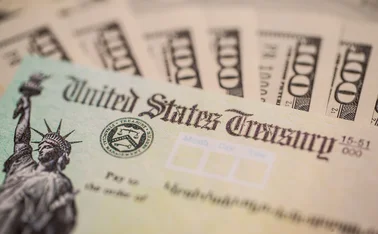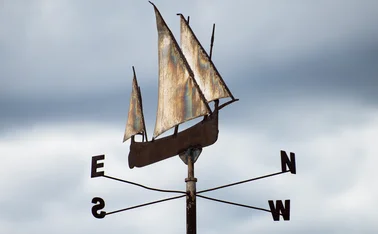
Can central bank revamp help Tunisia remain a ‘public good’?
Central Bank of Tunisia moves to modernise, but faces tough times ahead

Tunisia remains an important, and perhaps the only, example of a country caught up in the Arab Spring uprising that has emerged as a relatively stable democracy. So when the Central Bank of Tunisia’s latest governor, Marouane El Abassi, describes the country as a “public good”, he may have a point – at least from the perspective of those interested in liberal democracies.
Tunisia can be viewed as a pioneer in the Magreb and the Arab world for a number of reasons. It abolished slavery in 1846
Only users who have a paid subscription or are part of a corporate subscription are able to print or copy content.
To access these options, along with all other subscription benefits, please contact info@centralbanking.com or view our subscription options here: www.centralbanking.com/subscriptions
You are currently unable to print this content. Please contact info@centralbanking.com to find out more.
You are currently unable to copy this content. Please contact info@centralbanking.com to find out more.
Copyright Infopro Digital Limited. All rights reserved.
As outlined in our terms and conditions, https://www.infopro-digital.com/terms-and-conditions/subscriptions/ (point 2.4), printing is limited to a single copy.
If you would like to purchase additional rights please email info@centralbanking.com
Copyright Infopro Digital Limited. All rights reserved.
You may share this content using our article tools. As outlined in our terms and conditions, https://www.infopro-digital.com/terms-and-conditions/subscriptions/ (clause 2.4), an Authorised User may only make one copy of the materials for their own personal use. You must also comply with the restrictions in clause 2.5.
If you would like to purchase additional rights please email info@centralbanking.com







